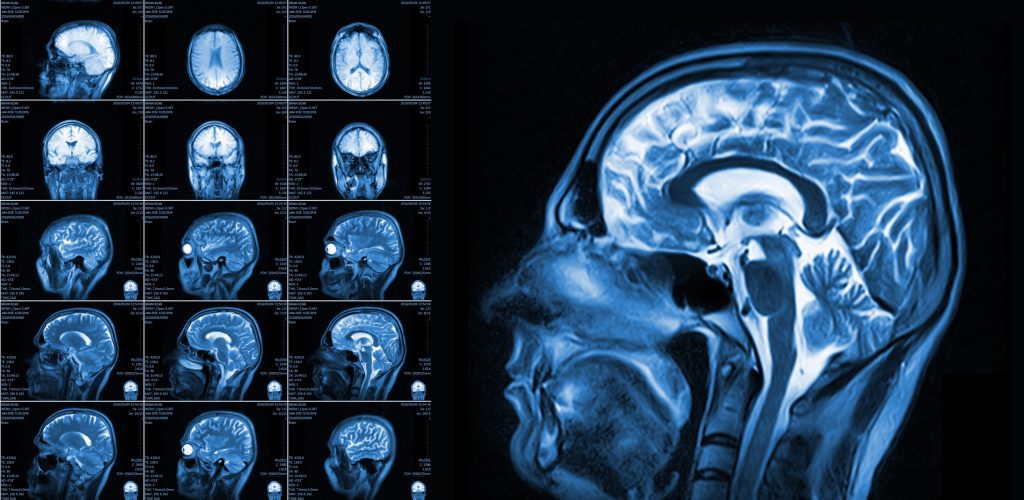Glioblastoma, also known as multiforme glioblastoma, is the most common brain cancer worldwide, accounting for over 50% of all primary brain tumors. It is characterized by aggressive growth and often invades healthy tissues, limiting treatment options. Many conventional anticancer drugs cannot penetrate the blood-brain barrier, which separates the bloodstream from the brain. This makes treatment of glioblastoma particularly difficult.
The prognosis for glioblastoma is grim, with a median survival of only 15 months from diagnosis. Traditional treatment methods involve surgical removal of the tumor followed by chemotherapy or radiation therapy.
Surgical Treatment of Glioblastoma
The surgical removal of glioblastoma tumors is technically challenging and not always feasible. The possibility and method of surgery depend on the tumor location, impact on brain structures, and size.
Large glioblastomas near important brain regions cannot be removed without damaging surrounding tissues. This can result in lifelong postoperative complications, from memory loss to complete paralysis. As glioblastoma cells can infiltrate throughout brain tissues, patients often develop recurrent tumors. These recurrent tumors are challenging to treat due to surgical complications.
Chemotherapy for Glioblastoma
Chemotherapy using a drug called temozolomide is the primary conventional treatment method. However, this therapy only extends patient survival by an average of 14.6 months post-diagnosis. Promisingly, research suggests that continuing chemotherapy during immunotherapy can potentially increase survival rates.
Radiation Therapy for Glioblastoma
Radiation therapy is used as a standalone treatment after surgical tumor removal or in cases of recurrence. This method uses electromagnetic radiation to destroy cancer cells. However, radiation cannot differentiate between normal and tumor cells, risking damage to healthy brain tissue. There is potential in combining radiation therapy with oncolytic viruses. Radiation can enhance the blood-brain barrier’s permeability, facilitating virus penetration into the tumor.
Immunotherapy for Glioblastoma
Immunotherapy is a promising approach for treating malignant brain tumors, including glioblastoma. While conventional treatments can achieve minimal residual disease, they often fail to completely eradicate the tumor, leading to recurrence or treatment resistance. Immunotherapeutic methods offer a new strategy for targeting cancer cells.
Oncolytic Viruses
Oncolytic viruses are human-safe viral strains engineered to target cancer cells. They work by infecting cancer cells and inducing apoptosis (cell death). They also stimulate the patient’s immune system to fight the tumor, effectively transforming “cold” cancer cells into “hot” targets for immune recognition.
At Biotherapy International, we administer oncolytic virus therapy intravenously or intranasally. We also offer experimental intratumoral virus injections during glioblastoma surgery, or via an Ommaya reservoir, a device with a tube leading into a brain ventricle. Intratumoral virus injection maximizes treatment efficacy by bypassing the blood-brain barrier and allowing the oncolytic virus to act on the tumor directly, turning it into a target for the immune system.
Cancer vaccines
Cancer vaccines are another type of glioblastoma immunotherapy that teaches the patient’s own immune system to recognize tumor cells as “foreign.” This allows the patient’s immune system to attack mutated tumor cells without damaging healthy tissues. Each vaccine is created individually for a specific patient using samples of the tumor obtained during the surgical removal of the tumor.
Glioblastoma Prognosis
Even after surgical removal, glioblastoma prognosis remains unfavorable, with only 6.9% of patients surviving 5 years after diagnosis. Repeated treatment courses significantly impact patients’ quality of life, affecting cognitive and motor functions, mood, and productivity.
With over 30 years of experience in treating brain cancers, including glioblastoma, Biotherapy International offers hope. Our pioneering use of oncolytic viruses has resulted in several patients achieving complete remission, with some living tumor-free for over 20 years post-therapy. Every cancer case is unique, and our goal is to provide patients with treatment based on the latest scientific research to improve their chances of overcoming even the most challenging cancer diagnoses.


